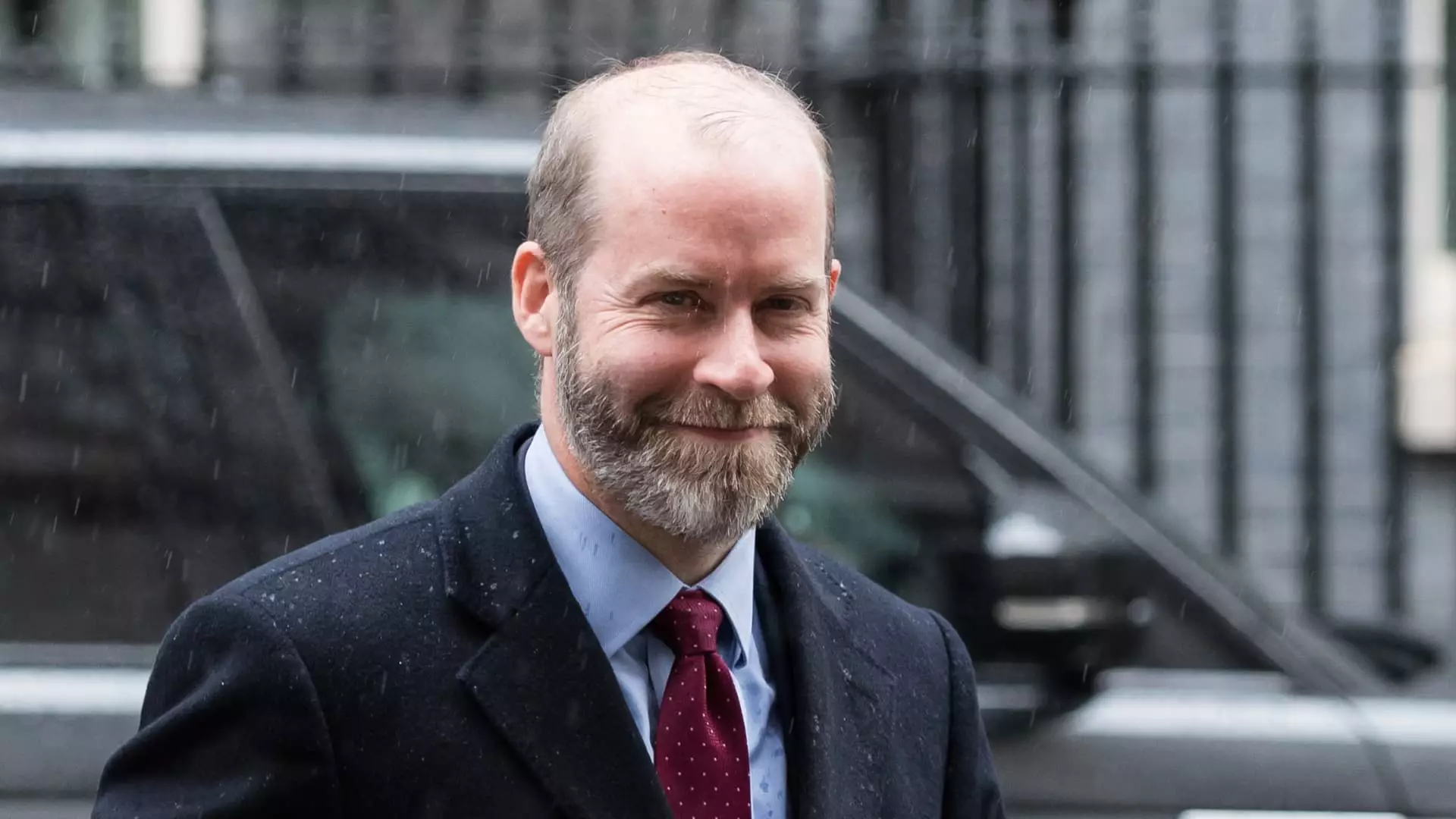As the United Kingdom navigates its post-Brexit landscape, the Labour government is laser-focused on establishing robust trade deals with India and the Gulf Cooperation Council (GCC) nations. Business and Trade Minister Jonathan Reynolds has underscored that these negotiations form a fundamental part of the government’s economic agenda. In a recent statement, Reynolds indicated that discussions with the six member states of the GCC are set to resume imminently, perhaps even within the next week.
The urgency behind these agreements cannot be overstated, as both the Gulf nations and India are critical players in global trade and economic growth. At the U.K.’s International Investment Summit held in London, Reynolds articulated the economic rationale supporting this strategy, noting that fostering trade relations with these regions would greatly benefit the U.K. economy.
Brexit was initially presented to the British public as an opportunity for the U.K. to forge its own destiny, particularly emphasizing the ability to pursue independent trade agreements. Former Prime Minister Boris Johnson had high ambitions, famously promising a deal with India by the festival of Diwali in 2022. However, the reality seems to paint a different picture, with actual trade agreements available falling short of expectations. Agreements with Australia, New Zealand, and Singapore have been secured, yet trade deals with major economies like India remain conspicuously absent.
Reynolds, who took office in July, is tasked with carrying the torch of trade diplomacy that his Conservative predecessor failed to fully ignite. His recent trip to the Gulf for preliminary discussions with Gulf nations marks an important step in this direction. However, it also highlights the ongoing challenges the U.K. faces in stitching together a coherent trade policy that aligns with the goals set forth during the Brexit campaign.
The negotiations surrounding international trade deals are notoriously intricate. Reynolds emphasized the need for re-establishing the authority to engage in these talks, pointing out that progress often feels slower than anticipated, particularly when entering the complex negotiation waters. The notion that a deal is “half done” can often misrepresent the situation, as substantial hurdles frequently arise after initial agreements are reached.
Furthermore, Reynolds acknowledged the delicate balance the government must strike. While the U.K. must advocate for democratic values, economic engagement with nations that may not share these values is still seen as beneficial. This raises ethical questions about the U.K.’s foreign policy approach; nonetheless, the Revenue from commercial ties cannot be dismissed.
Trade discussions with India enter their 15th round and are expected to reconvene soon, according to reports from Indian Commerce Secretary Sunil Barthwal. India’s Minister of Commerce and Industry, Piyush Goyal, has emphasized the importance of approaching the negotiations systematically. Goyal’s assertion that no party should feel pressured to rush into conclusions reflects a broader understanding of the complexities inherent in trade agreements.
This perspective is vital as both nations stand to gain significantly from enhanced trade relations. India’s burgeoning economy, characterized by its youthful workforce and growing consumer base, presents a wide array of opportunities for U.K. businesses. The expected resurgence of dialogue indicates both parties’ readiness to explore these possibilities thoroughly.
While the Labour government remains committed to fostering trade relations, the timeline for these agreements is still uncertain. Reynolds delivered a cautious message, expressing that immediate outcomes are not guaranteed, and urging patience in the process. As he navigates this maze of negotiations, the business community looks on, hopeful but aware that sustained diplomatic efforts will be critical in realizing the full potential of these trade deals.
Ultimately, the road ahead for the U.K. is lined with opportunities as well as challenges. How well the government can balance its economic ambitions with its ethical considerations will determine the success of its trade strategies. Strengthening ties with India and the Gulf nations is more than just an economic endeavor; it encapsulates the U.K.’s aspiration to redefine its role on the global stage in the post-Brexit world.


Leave a Reply